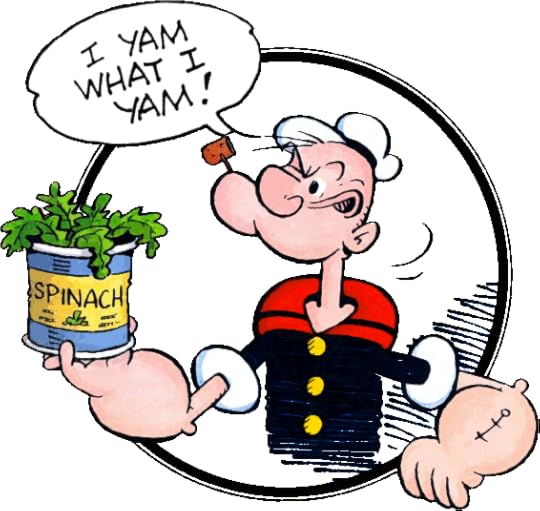Character Self-Awareness
 Confession: before this month, I had not read Robinson Crusoe. In fact, the only reason I picked it up was because I found out that the character Friday was in fact supposed to be Kali'na, which activated my self-centered interest (there aren't a lot of us in Fictionland).
Confession: before this month, I had not read Robinson Crusoe. In fact, the only reason I picked it up was because I found out that the character Friday was in fact supposed to be Kali'na, which activated my self-centered interest (there aren't a lot of us in Fictionland).I found the novel to be in the 'so okay it's average' territory on the whole*, but there's something for modern writers to learn about character development. Namely, your character can get a lot more leeway for their negative traits if they express a high degree of self-awareness.
Robinson, the title character and narrator of the novel, could have turned into something monumentally obnoxious. After all, he spends the first several chapters of the novel being ungrateful, inconsiderate, incompetent, and generally selfish. What salvages him as a narrator is that he is fully aware of his past shortcomings and openly acknowledges them to the audience. In this way, we are invited to track and analyse his growth as a character as well as watching it in sequence within the narrative.
The power of self-awareness in a character is not restricted to those who can acknowledge their shortcomings and strive for self-improvement. Characters who are unapologetic for their bad behaviour can be fascinating, especially in genres such as horror and thrillers in which psychological suspense thrives. And as I've mentioned before, there's also an element of wish-fulfillment-- the character has acknowledged their wrongdoing, so it's okay to enjoy doing all the socially unacceptable stuff we secretly wish we could get away with.
Obviously, there are situations where the character must utterly lack self-awarness, or where their blind spots or dramatically warped perceptions are critical to the plot. However, it is worth considering that your characters may benefit from having insight into themselves.
*One of my favourite authors, James Joyce, honed in on the glorification of colonialism via Crusoe 'civilising' Friday, so I'm not going to rehash his points.
Published on January 29, 2014 01:57
No comments have been added yet.



